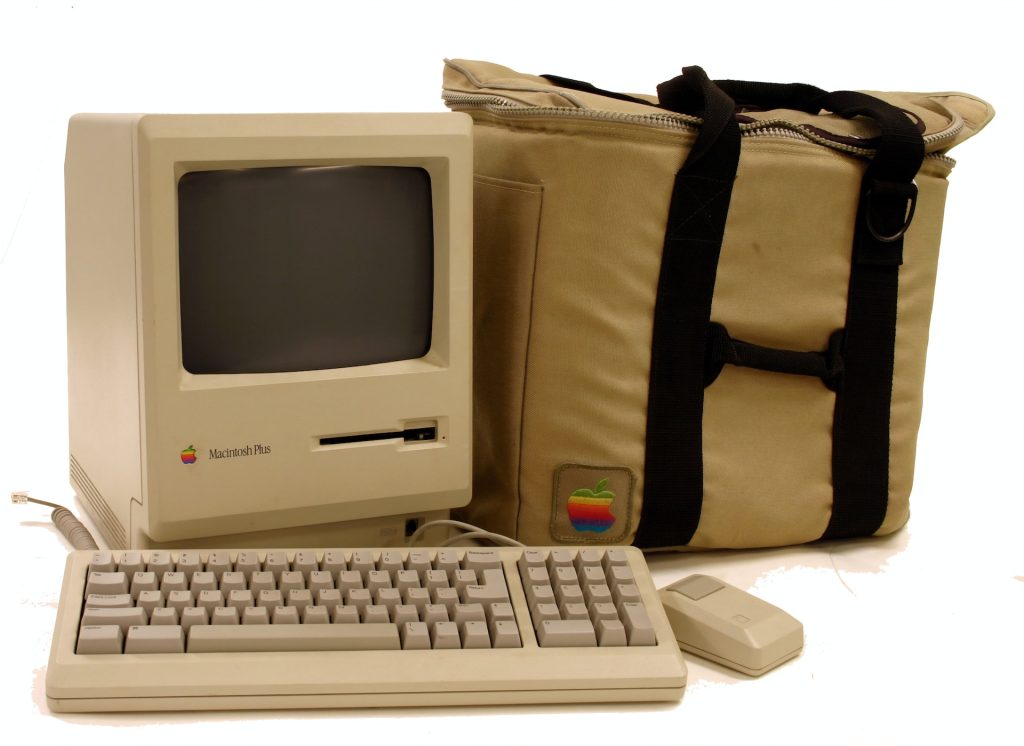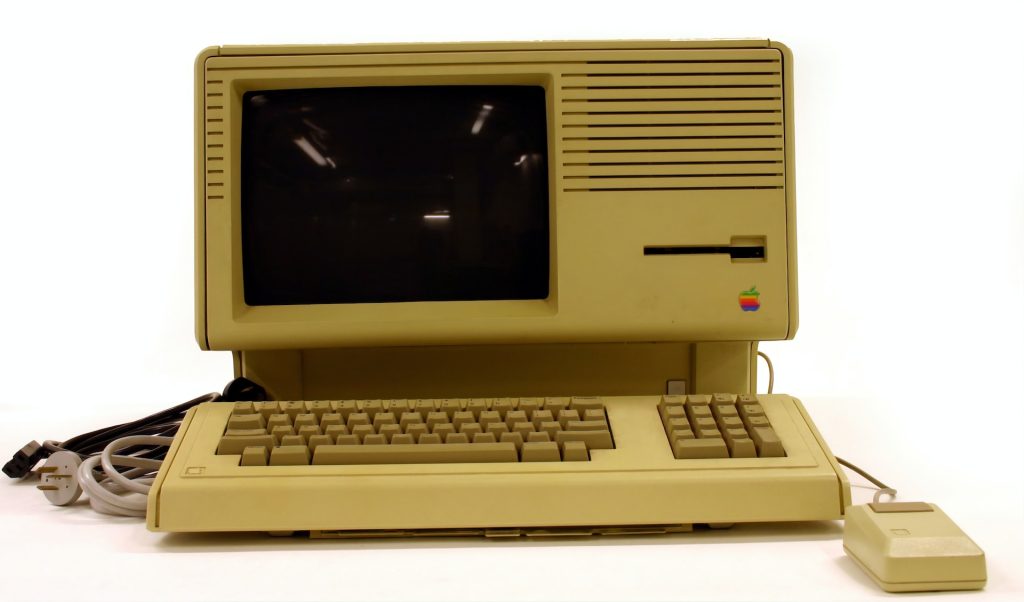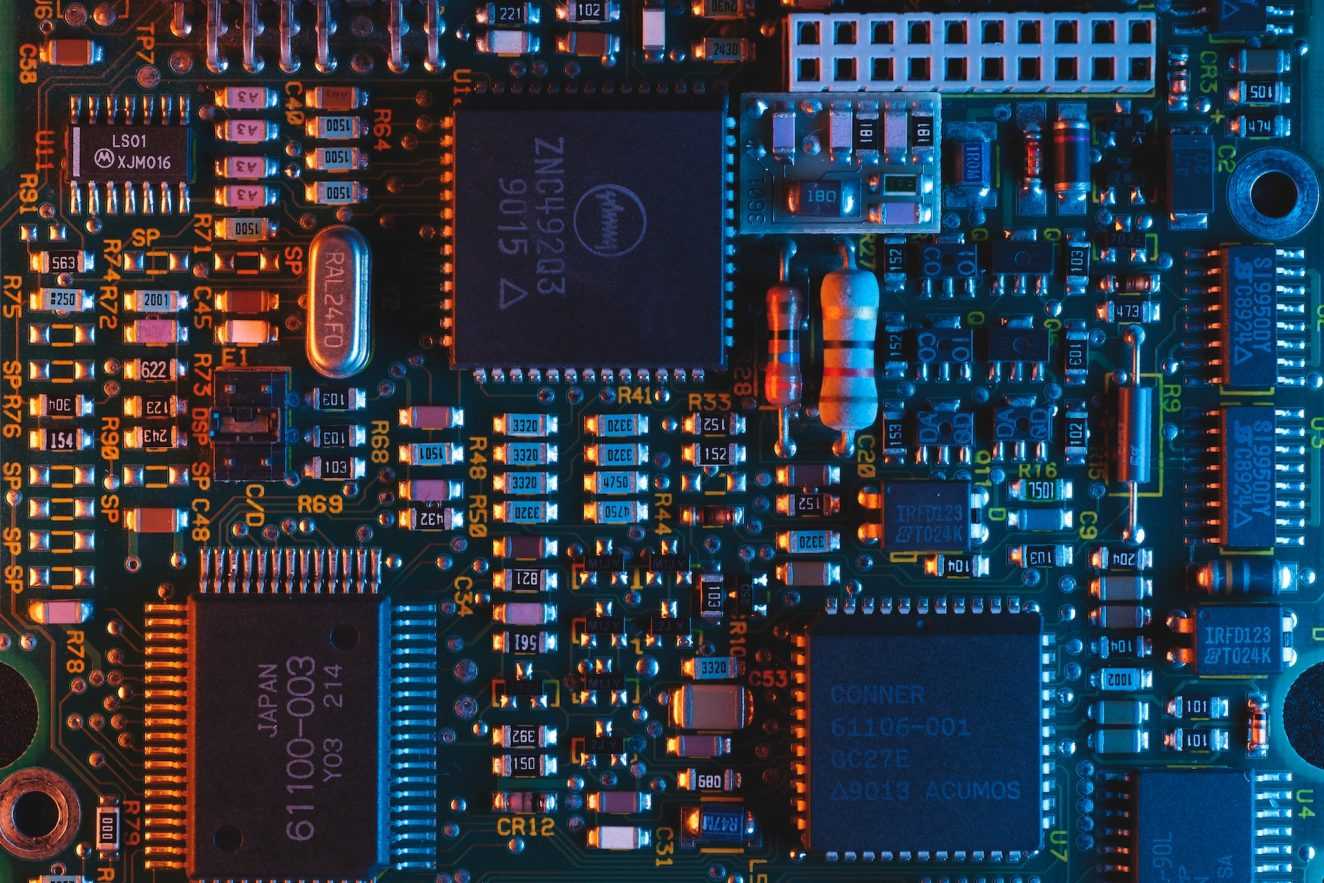In an age dominated by technology, it’s hard to imagine a world without computers. These machines have revolutionized every aspect of our lives, from the way we work and communicate to how we entertain ourselves and solve complex problems. But have you ever wondered about the fascinating history and origins of the computer? In this blog post, we’ll take a deep dive into the evolution of computers, from their humble beginnings to the powerful devices that define our modern era.

The Birth of the Computer
The story of the computer begins in the early 19th century with the work of Charles Babbage, a British mathematician and inventor. Babbage conceptualized a mechanical device called the “Analytical Engine,” which is often regarded as the world’s first mechanical computer. Although never fully built during his lifetime, Babbage’s design laid the groundwork for future computing machines.
Ada Lovelace: The First Programmer
Ada Lovelace, an English mathematician and writer, made a significant contribution to early computing. She collaborated with Babbage and wrote detailed notes and annotations on his work. Lovelace is often credited with creating the world’s first computer program, as her notes included an algorithm for the Analytical Engine to calculate Bernoulli numbers. She is celebrated today as a pioneer of computer programming.
The Mechanical Era: Hollerith’s Tabulating Machine
The late 19th century saw the emergence of mechanical computing devices, notably Herman Hollerith’s tabulating machine. Hollerith’s invention was a precursor to modern computers, as it used punched cards to process and store data. His machine revolutionized the processing of information and found widespread use, particularly in the U.S. Census Bureau.

Alan Turing: The Father of Computer Science
The 20th century brought about a fundamental shift in the history of computers, thanks to the groundbreaking work of Alan Turing. During World War II, Turing played a critical role in breaking the German Enigma code, a feat that significantly contributed to the Allied victory. Turing’s theoretical work laid the foundation for computer science and the concept of a programmable, universal machine, known as the Turing machine.
The First Electronic Computers: ENIAC and UNIVAC
The electronic era of computing began with the construction of the Electronic Numerical Integrator and Computer (ENIAC) during the 1940s. ENIAC was a massive machine, taking up an entire room and consisting of thousands of vacuum tubes. It was used for complex calculations, including those related to the development of the hydrogen bomb.
Shortly after, the Universal Automatic Computer (UNIVAC) became the first commercially produced computer. UNIVAC made its mark by accurately predicting the outcome of the 1952 presidential election, marking a significant moment in computing history.

The Rise of Microcomputers: Birth of the PC Era
The 1970s saw the advent of microcomputers, marking the birth of the personal computer (PC) era. Companies like Apple and Microsoft played pivotal roles in bringing computers to homes and offices. The Apple II, introduced in 1977, was a milestone in this era, offering user-friendly interfaces and inspiring a new generation of computer users.
The Internet and Digital Revolution
The 1990s ushered in the era of the internet, connecting computers globally and transforming how we communicate and access information. The World Wide Web, developed by Tim Berners-Lee, made the internet accessible to the public. The digital revolution followed, with innovations like smartphones, social media, and e-commerce, redefining our daily lives.
The Modern Computer: Power and Ubiquity
Today’s computers are a far cry from their early mechanical and electronic predecessors. They are smaller, faster, and more powerful than ever before. They have become essential tools for work, education, entertainment, and more. Artificial intelligence and quantum computing represent the cutting edge of technology, promising even greater advancements in the years to come.

The history of computers is a testament to human ingenuity and innovation. From Babbage’s Analytical Engine to the internet age, computers have evolved from mechanical dreams to digital realities that shape our world. The visionaries and pioneers who contributed to this evolution, including Charles Babbage, Ada Lovelace, Alan Turing, and many others, have left an indelible mark on human history.
As we continue to push the boundaries of computing, it’s essential to remember and appreciate the rich history that brought us to this point. Computers have become not only tools of productivity but also instruments of creativity, communication, and discovery. They have fundamentally transformed the way we live, work, and connect with the world, making them one of the most remarkable inventions in human history.





